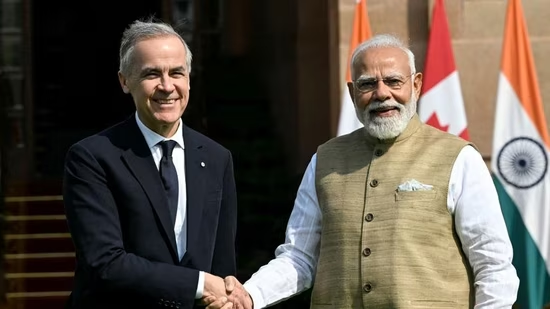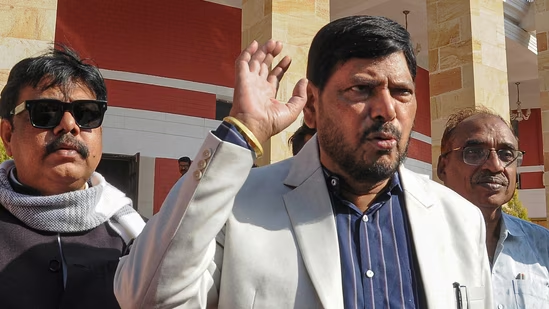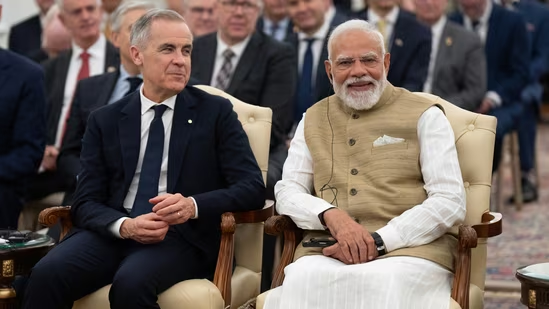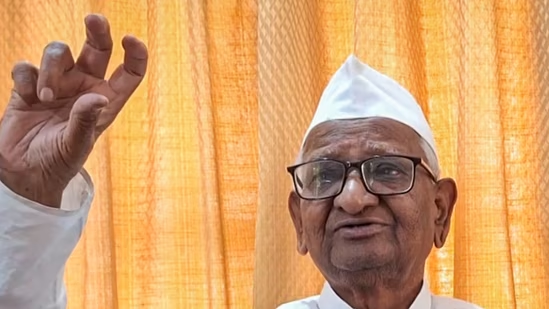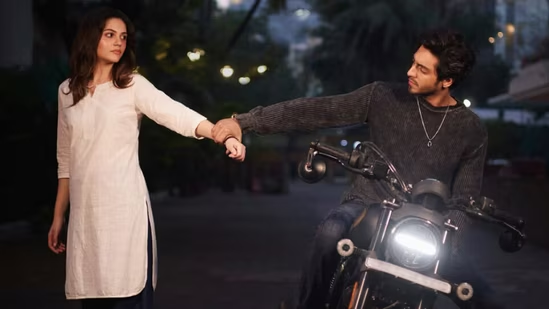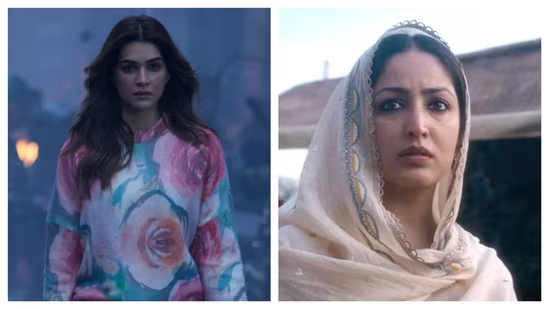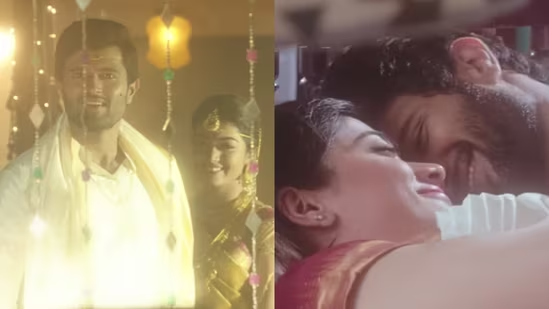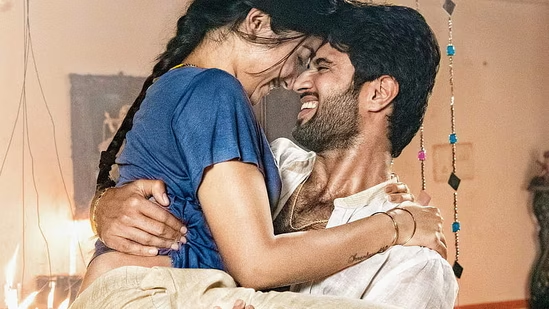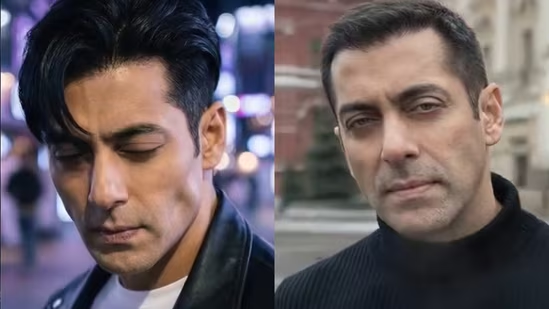A brilliant Amitabh Bachchan and Prabhas power director Nag Ashwin’s ambitious mythology-inspired science fiction film that soars, but falls just short of being a game-changer.
We don’t need to look beyond Indian epics for riveting, complex stories of good versus evil, superheroes and demons, darkness and dawn. In Kalki 2898 AD, director Nag Ashwin attempts an unusual meeting point of the past and the future by blending stories from the Mahabharata with a futuristic, dystopian science fiction world. He underlines that heroes are not born, but rise. The masterstroke lies in casting the indefatigable Amitabh Bachchan as Ashwatthama, the oldest human alive from the Kurukshetra war, and making him the backbone of the narrative. He is pitted against Bhairava (Prabhas), to set the stage for the arrival of Kalki, the final avatar of Vishnu. The film takes giant leaps of faith and has awe-inducing segments. Is Kalki 2898 AD a game-changer? In terms of ambition, yes. In terms of writing and storytelling, there are niggles.
The narrative goes back and forth from the Kurukshetra war to Kasi and Shambala, 6000 years after the war. Kasi is depicted as the last surviving city but everything is in shambles. The mighty Ganges has dried up and food is scarce. Everything required to support life — water, food and air — is within a Complex, a towering inverted pyramid structure that is out of bounds for common folks, and governed by Supreme Yaskin or Kali (Kamal Haasan). Shambala is a hidden refuge for people from different faiths and cultures who are willing to risk their lives for a better tomorrow.
A lot has gone into building these worlds — the Kurukshetra battlefield, Kasi, Shambala and the Complex. Kalki attempts to immerse the audience in the battles and unlikely partnerships between these worlds on a massive scale. It isn’t only narrating a good-over-evil story featuring superheroes and demons. It also tries to pay homage to Telugu classics, contemporary mainstream ‘mass’ cinema, and the penchant for comedies. Some of this works, while others seem misfit. For instance, two popular directors appear in cameos; these portions might have been better suited for Instagram reels and memes, but seem out of place in this story.
In the runtime of 181 minutes, the first half goes into setting up the tale and establishing Bhairava as a laidback bounty hunter who is yet to find his true calling. He wants to earn one million units (a measure of currency) and enter the Complex to lead a good life. But his moral compass remains ambiguous. Bhairava’s introduction and his taking on a dozen men, at the surface, seems like a staple of any Telugu film with an A-list star. The payoff for this happens later when he locks horns with Ashwatthama in a prolonged but delightful sequence. That is when one truly appreciates the Bujji and Bhairava connection.
Bujji (Bu-jz-1, with a voiceover by Keerthy Suresh) is Bhairava’s AI (artificial intelligence)-powered custom-made vehicle. Bhairava and Bujji share an uncanny partnership but we get only a passing statement about the origin story of Bujji. The animation prequel series Bhairava and Bujji (streaming on Amazon Prime Video) is packed with more fun. The same goes for the bond between Bhairava and his landlord (Brahmanandam). The dialogues (by Sai Madhav Burra) do not always hit the mark.

Amitabh Bachchan as Ashwatthama in ‘Kalki 2898 AD’ | Photo Credit: Special Arrangement
The romance track between Bhairava and Roxie (Disha Patani) is a deterrent and I waited for the story to move on. Roxie is brought in for a reason — to introduce Bhairava and the audience to the Complex, but there could have been better ways to do this. Some other cameos in the initial portions also miss the mark, save the one played by Mrunal Thakur. The actor shown as Bhairava’s father and two other cameos that get a blink-and-miss appearance in the song featuring Bhairava and Roxie serve more as nods to those who featured in Vyjayanthi Films’ earlier ventures rather than add depth to the world of Kalki. Oh, there are other cameos as well in the Mahabharata portions that serve as a surprise.
The standout moments in the first half include the introduction of evil as the supreme Yaskin, with Kamal Haasan relishing the ominous turn, SUM-80 or Sumati (Deepika Padukone) as a lab rat yearning for a better life and motherhood, and Ashwatthama realising that the time has come for his final battle.
Kalki 2898 AD finds its groove in the later portions, providing the much-needed emotional gravitas through Sumati. Mariam (Shobhana), Veeran (Pasupathy) and Kyra (Anna Ben) are among the several other characters. There are the masked raiders (costume design by Archana Rao) of the Complex, hundreds of them in dark attire, locking horns with the Shambala army in hues of white. When we get a closer look at the inhabitants of Shambala, cutting across cultures and faiths, and why they look for hope, it makes an impact. Between the action episodes involving futuristic machines, some moments underline how life as we know it has changed beyond recognition. Sumati trying to comprehend the idea of marriage and life thereafter, for instance.







